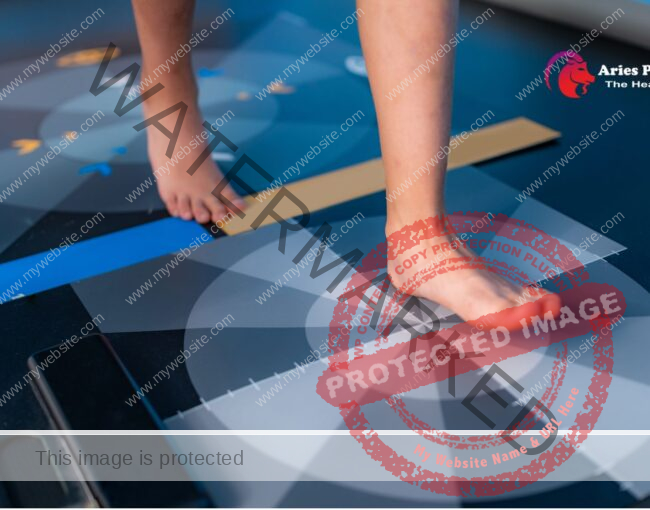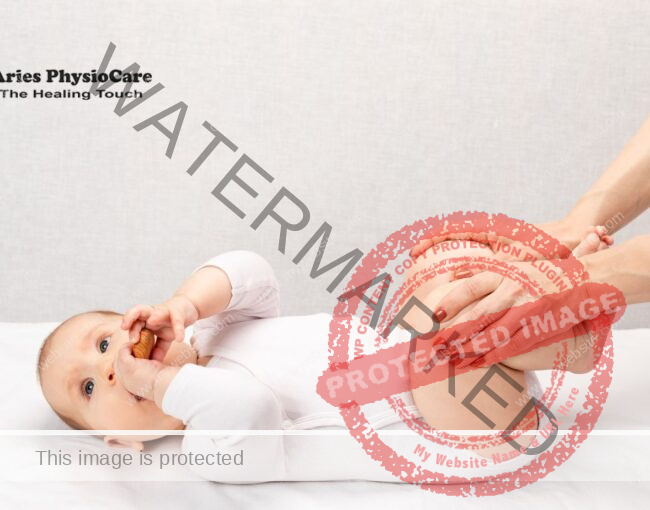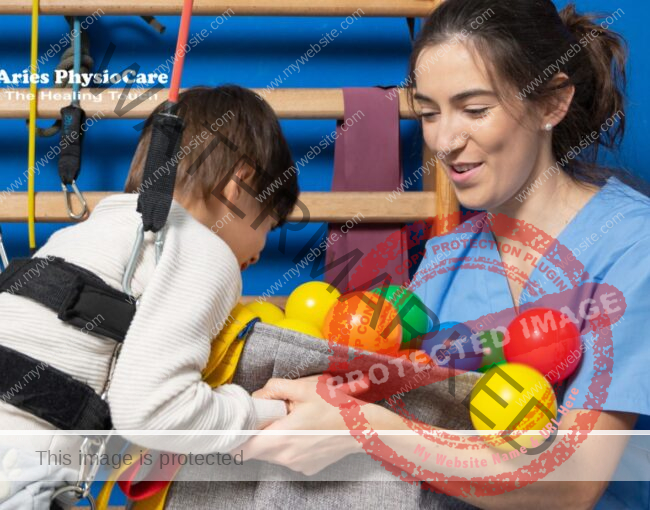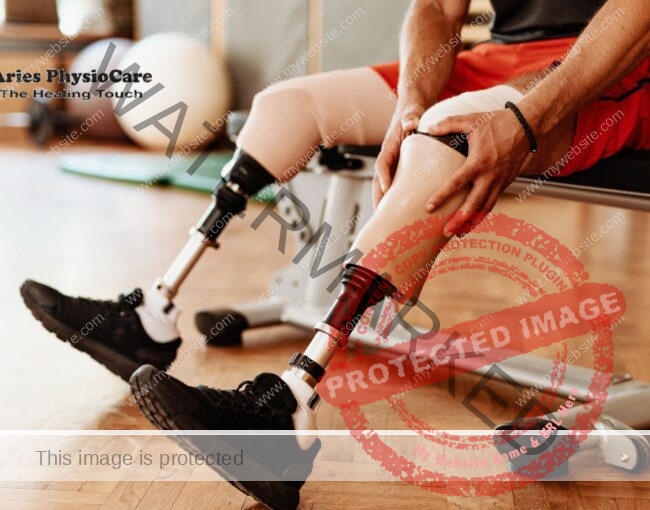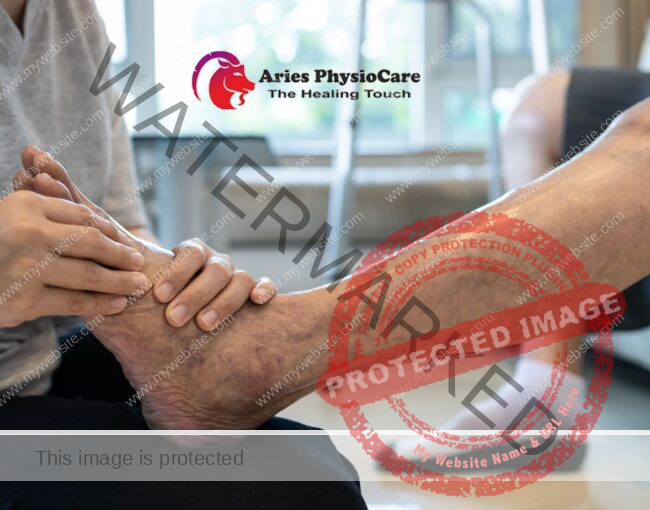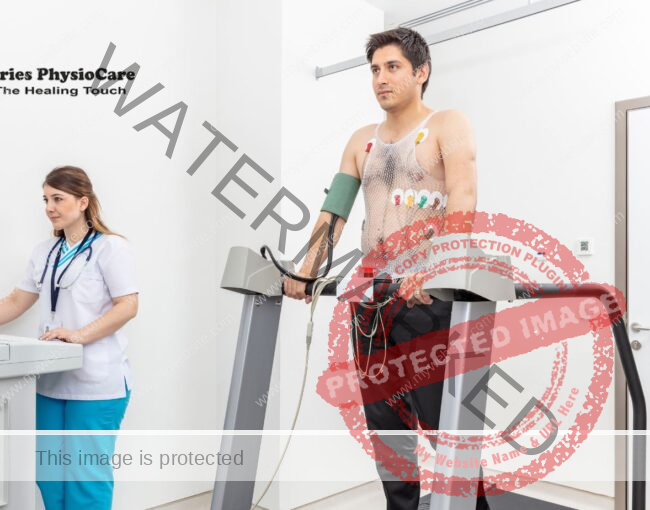Unparalleled expertise
Expert Service
Faster efficiently
Seamless care
Qualified staff

Welcome to Aries PhysioCare Your Gateway to Optimal Wellness!
At Aries PhysioCare, we believe in the transformative power of physiotherapy to enhance your quality of life. Our dedicated team of experienced physiotherapists is committed to providing personalized care, utilizing evidence-based practices to help you recover from injuries, manage chronic conditions, and optimize your overall well-being.25 years of quality training and experience.
- Manual Therapy
- Therapeutic Exercise
- Electrotherapy
- Dry Needling
- Acupuncture
- Vestibular Rehabilitation
- Aquatic Therapy
- McKenzie Method
- Muscle Strains
- Joint Sprains
- Low Back Pain
- Osteoarthritis
- Neck Pain and Stiffness
- Rotator Cuff Injuries
- Tendonitis
- Carpal Tunnel Syndrome
- Sciatica
- Plantar Fasciitis
- ACL Tears and Knee Injuries
- Stroke Rehabilitation
- Multiple Sclerosis (MS)
- Chronic Fatigue Syndrome
- Fibromyalgia
- Muscle Strains
- Joint Sprains
- Low Back Pain
- Osteoarthritis
- Neck Pain and Stiffness
- Rotator Cuff Injuries
- Tendonitis
- Carpal Tunnel Syndrome
- Sciatica
- Plantar Fasciitis
- ACL Tears and Knee Injuries
- Stroke Rehabilitation
- Multiple Sclerosis (MS)
- Chronic Fatigue Syndrome
- Fibromyalgia
Latest services
Services for better solutions
Orthopedic Rehabilitation
Restore your mobility and alleviate pain with our specialized orthopedic rehabilitation services. Our experienced physiotherapists employ evidence-based techniques to address musculoskeletal issues, fractures, joint replacements, and other orthopedic conditions.
Sports Injury Management
Whether you're a professional athlete or a weekend warrior, our sports injury management services are tailored to get you back in the game. We offer personalized treatment plans to expedite recovery, prevent future injuries, and enhance your athletic performance.
Neurological Rehabilitation
Our dedicated neurological rehabilitation services cater to individuals dealing with conditions such as stroke, Parkinson's disease, and spinal cord injuries. Our therapists use advanced techniques to improve motor skills, enhance balance, and promote independence in daily activities.
Chronic Pain Management:
Find relief from persistent pain with our comprehensive chronic pain management services. Our team focuses on identifying the root cause of your pain and develops a customized treatment plan, combining manual therapy, exercises, and lifestyle modifications for long-term results.
Post-Surgical Rehabilitation:
Recovering from surgery requires specialized care, and our post-surgical rehabilitation services are designed to guide you through a safe and effective recovery process. We work closely with you and your healthcare team to optimize healing and restore function after surgical procedures.
Women's Health Physiotherapy
Our women's health physiotherapy services address a range of issues, including pelvic floor dysfunction, prenatal and postnatal care, and musculoskeletal conditions specific to women. We provide personalized care to support women at every stage of life, promoting optimal physical well-being.
EXPERIENCED TEAM
Meet our professional doctors
Expert Home Physiotherapist
Expert Home Physiotherapist
Expert Home Physiotherapist
Expert Home Physiotherapist
Expert Home Physiotherapist
Expert Home Physiotherapist
Expert Home Physiotherapist
Expert Home Physiotherapist
Expert Home Physiotherapist
Expert Home Physiotherapist
Expert Home Physiotherapist
Expert Home Physiotherapist
Expert Home Physiotherapist
Expert Home Physiotherapist
Expert Home Physiotherapist
Expert Home Physiotherapist
Expert Home Physiotherapist
Expert Home Physiotherapist
Expert Home Physiotherapist
Expert Home Physiotherapist
Expert Home Physiotherapist
Expert Home Physiotherapist
Expert Home Physiotherapist
Expert Home Physiotherapist
Expert Home Physiotherapist
Expert Home Physiotherapist
Expert Home Physiotherapist
Expert Home Physiotherapist
Expert Home Physiotherapist
Expert Home Physiotherapist
Expert Home Physiotherapist
Expert Home Physiotherapist
Expert Home Physiotherapist
Expert Home Physiotherapist
Expert Home Physiotherapist
Expert Home Physiotherapist
Expert Home Physiotherapist
Expert Home Physiotherapist
Expert Home Physiotherapist
Expert Home Physiotherapist
Expert Home Physiotherapist
Expert Home Physiotherapist
Expert Home Physiotherapist
Expert Home Physiotherapist
Expert Home Physiotherapist
Explore Our Expert Docotrs
4.9
Average rating
of patients
of patients
Schedule an appointments
Our contact location
Information
Expert Physiotherapy At Home
Experience personalized physiotherapy in the comfort of your home. Contact us today to schedule a home visit, and let our expert physiotherapists bring quality care directly to your doorstep
Mail Us
Call Us
Contact us
Exceptional care and expertise at Aries PhysioCare! The dedicated team goes above and beyond to provide personalized physiotherapy, fostering a supportive environment for optimal healing and well-being. Truly grateful for their transformative approach to healthcare.



















































